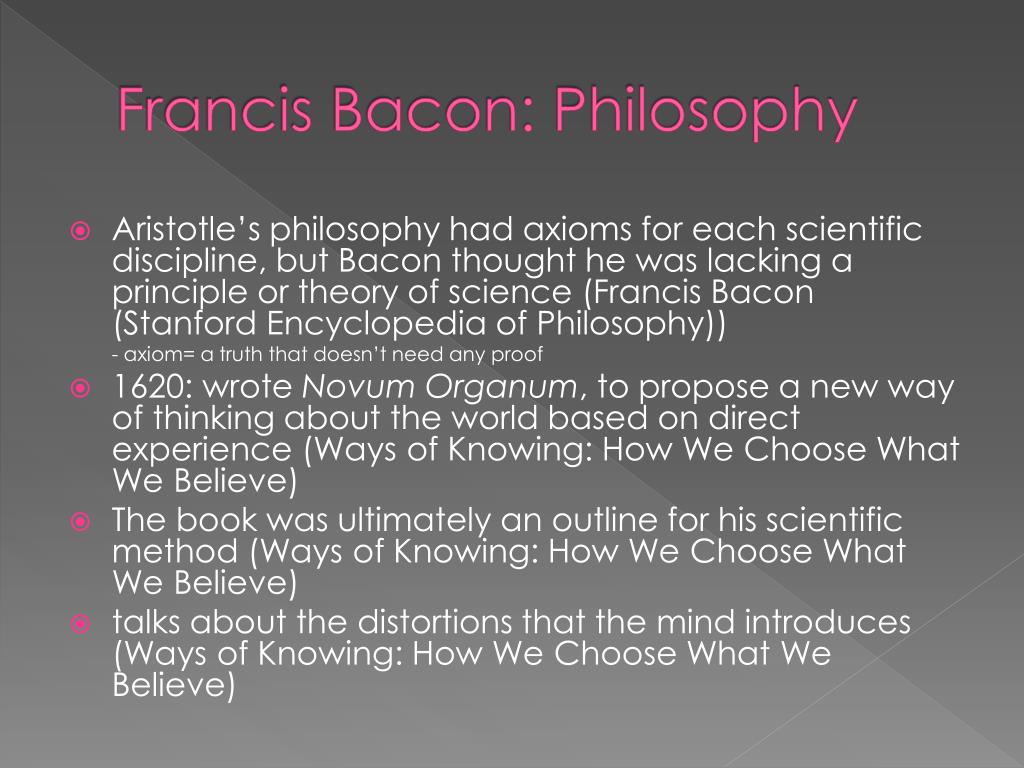
However, he also calls this an unattainable ideal, and finally concludes that the prince should choose to be feared, rather than loved, by the people. He argues that both are important, and if possible, the prince should be equally feared and loved. Machiavelli questions whether it is better for the prince to be loved by the people or feared by the people.How is Machiavelli's concept of virtue similar to or different from that of Aristotle?.Is Machiavelli's approach to government similar to or different from Plato's idealized vision in The Republic, and how so?.What is Machiavelli's view of human nature?.

In The Prince, Machiavelli argues that successful statecraft requires tools that many traditional philosophical and political ideals simply could not provide, and he sees politics as a public responsibility that cannot be based upon the same ethics that guide private life. In many ways, Machiavelli is considered the first modern political scientist. These three thinkers represent the foundation of modern state theory.Ĭompleting this unit should take you approximately 40 hours. However, Locke also advocated the separation of powers and believed that revolution is not only a right but, at times, an obligation of citizenship.

Like Hobbes, Locke imagined a civil society capable of resolving conflicts in a civil way, with help from government. John Locke responded to a strict concept of sovereignty with the idea of constitutional government. However, while modern political thought has been built upon the Machiavellian notion of the artificiality of the state, the moderns disagreed on how people behaved and on the degree of a government's strength and pervasiveness necessary to properly govern citizens. For Hobbes, the state should be sovereign and secular the citizens should give up both their allegiance to the church and their rights in exchange for physical security. Thomas Hobbes adapted this Machiavellian approach on a much larger scale. Many associate his theories with the use of deceit and cunning in politics after Machiavelli, politics was conceived of as an art in which the best rulers governed shrewdly, carefully calculating about enemies, populations, and the timing of certain actions. Machiavelli is credited with the distinctly modern notion of an artificial (rather than natural) state in which the leader should rule swiftly, effectively, and in a calculated manner. Our unit begins with the Italian political philosopher and civil servant, Niccolò Machiavelli. As a result, modern government requires both a keen historical sense and the pragmatic use of power. Modern political philosophers, however, found that they needed to rethink politics according to a new, more realistic understanding of the way humans actually behave. The Greek polis served as an influential model of citizenship and governance for centuries.


 0 kommentar(er)
0 kommentar(er)
